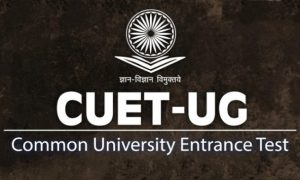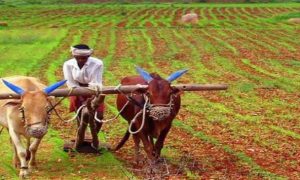In the previous hearing, held last week, the government told the court existing criteria to identify EWS beneficiaries would be retained for this academic year
New Delhi:
The Supreme Court on Friday upheld the constitutional validity of 27 per cent reservation for OBC (other backward classes) and 10 per cent for EWS (economically weaker sections) categories for admission to medical courses for this year and allowed resumption of NEET-PG counselling.
The ₹ 8 lakh income criteria to identify EWS beneficiaries has also been allowed for this year.
“We have been hearing this matter for two days, we must start counselling in national interest,” the bench of Justice DY Chandrachud and Justice AS Bopanna said.
A detailed hearing on EWS reservation and identifying criteria will be held on March 5, the court said, adding that it will consider the validity of EWS quotas at the time.
These admissions will be subject to the final judgement of the court.
NEET-PG, or the National Eligibility Cum Entrance Test (Post-Graduate) is a qualifying and ranking exam for medical students for admission to over 100 private and medical colleges.
Counselling for those admissions was due to begin in October last year, but that was delayed after a clutch of petitions were filed in the top court challenging the government’s July 29 notification announcing 27 per cent reservation for OBCs and 10 per cent for EWS category students.
On Wednesday the court heard final arguments from both sides.
Solicitor General Tushar Mehta, appearing for the government, said he wanted to dispel confusion that the revised criteria would “change the rules of the game midway”.
This was in reference to senior advocate Shyam Divan, who appeared for the petitioners, saying the July notification had affected students because it was introduced after the exams were notified.
The government subsequently asked the court to allow counselling – with existing criteria retained – to resume as the delay had led to large-scale protests by resident doctors across the country.
The government said changing norms at this time – when admissions and allocation of colleges for NEET (National Eligibility cum Entrance Test) students are ongoing – will lead to complications.
Existing criteria to identify EWS beneficiaries will be retained for this year and revised norms could come into effect from the 2022/23 academic season, the government said.
The delay, the government also said, had led to increased workload on medical professionals in light of a surge in Covid cases; NEET-PG admissions will see about 50,000 MBBS doctors available.
The revised criteria retain the contentious ₹ 8 lakh annual income ceiling but excludes families with agricultural land of five acres or more, irrespective of income.
The government had earlier argued that the ₹ 8 lakh annual income criteria was consistent with Articles 14, 15 and 16 of the Constitution.
However, a bench led by Justice DY Chandrachud was unconvinced. “You must have some demographic or socio-economic data. You can’t just pluck the 8 million figure out of thin air,” Justice Chandrachud said.
The row over the EWS quota issue has impacted NEET admissions, so much so that junior doctors in the national capital last week launched a 14-day protest against the delays.
The doctors accused the government of dragging its feet on this issue and warned of serious consequences for the country’s healthcare, particularly in light of the Covid pandemic.



































